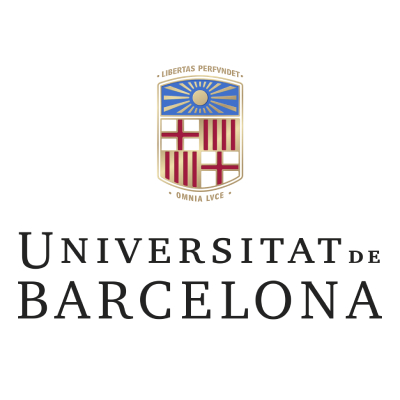Study MD in Spain
Aara Consultancy can help you choose the right country and program for your Study Abroad needs and goals, and guide you through the entire application process.
Why Study MD in Spain?
Spain provides quality education with world-renowned universities and a wide range of study courses. Universities provide courses in both English and Spanish, making it possible for international students to study. Spain also has relatively affordable tuition and living expenses compared to other Western European nations, enabling students to live a high quality of life without breaking the bank. Its vibrant social life, rich culture, and heritage sites also contribute to the total student life there in making studying there a pleasurable experience. Beyond school, studying in Spain offers a chance for students to adapt to one of the global languages most used—Spanish. Learning Spanish offers the opportunity for many chances to advance one’s career abroad. The geographic location of the country in Europe also provides a smooth transfer of students throughout the continent, giving the students a chance to expose themselves to other cultures and life experiences. Endowed with good climate, pleasant people, and an active way of life, Spain is also diverse and a complete experience to pursue an education for international students.
Top Medical Universities in Spain

University of Barcelona (Universitat de Barcelona)
Founded in 1450, the University of Barcelona is among the oldest and most prestigious institutions in Spain. It has a complete Faculty of Medicine and Health Sciences, with serious medical courses and ample research prospects. The university is consistently among Spain’s top institutions and is an international university ranking high achiever.
Autonomous University of Madrid (Universidad Autónoma de Madrid)
Established in 1968, the Autonomous University of Madrid has a good reputation for research and teaching. Its Medical School is known for producing successful health professionals and also developing medical research. The university has been listed as one of Spain’s top universities.
University of Navarra (Universidad de Navarra)
University of Navarra was founded in 1952 as a private university with rigorous academic requirements. Its School of Medicine features a broad curriculum and is affiliated with the Clínica Universidad de Navarra, giving students clinical experience. The university is one of Spain’s top private universities.
Admission Requirements for MBBS in Spain
• Academic Qualifications – Foreign students should have completed their higher secondary education (12th standard or equivalent) with good knowledge of Biology, Chemistry, and Physics. Minimum GPA or percentage may be required by some universities.
• Admission Test (EBAU or University Entrance Tests) – Spanish universities require students to pass the Evaluación del Bachillerato para el Acceso a la Universidad (EBAU) or particular entrance tests conducted by universities. Foreign students can be required to sit for some extra tests or submit standard test scores such as BMAT.
• Competencia en Español – Since the majority of medical courses in Spain are conducted in Spanish, the students must demonstrate proficiency by sitting for examinations like DELE (Diploma de Español como Lengua Extranjera) or similar examinations accepted by the university. Some of the medical courses are conducted in English at some universities but may still demand Spanish proficiency for practice.
• Application Process – Students are required to apply on the official university or UNED (Universidad Nacional de Educación a Distancia) foreign qualification validation website. Academic transcripts, photocopies of a passport, language test certificates, and letters of recommendation are the required documents.
• Residency Permit and Visa – Non-EU foreign students need to obtain a residence permit and Spanish student visa prior to commencing with studies. Medical insurance proof and economic resources are usually needed for the provision of a visa.
Study MB (MBBS) in Spain – Frequently Asked Questions
Indian students should have passed their 12th standard with Physics, Chemistry, and Biology and should have scored a minimum of 60% marks. Knowledge of the Spanish language is usually required since most of the medical studies are done in Spanish.
Tuition for one year of MBBS programs in Spain ranges from €5,000 to €15,000, based on the college. Living costs, including accommodations, food, and transportation, may add an extra amount of approximately €8,000 to €12,000 per year.
Yes, there are international student scholarships provided by many Spanish universities, both merit and need-based. Scholarships such as Erasmus+ also provide funding to non-EU students.
Yes, international students can do part-time work, normally up to 20 hours per week during terms and full-time during vacations, if they hold the proper student visa for work.
While English is used in some courses, study of Spanish is highly recommended, especially for practice and daily living in Spain.
University residence halls, flat-sharing or apartment-sharing, or individual flats are available for students. Prices vary according to city and type of accommodation.
Yes, international students must be insured with health insurance and it is mandatory for a student visa.
Non-EU graduates are eligible to apply for a “job search visa” and remain in Spain for 12 months to seek employment. Upon securing employment, they can then apply for a work permit
